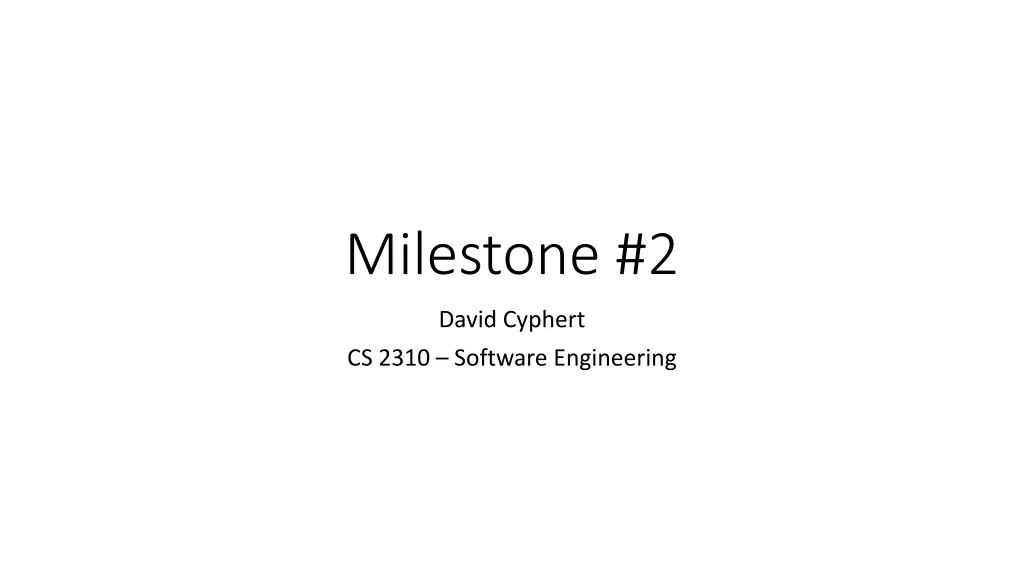
Audio Testimonial Retrieval and Sentiment Analysis for Web Applications
Explore the process of retrieving audio testimonials through voice search, utilizing client-side and server-side processing along with sentiment analysis to determine the reviews' positivity or negativity. Learn about Web Speech API, Microsoft's Speech Recognition Engine, and VADER API for sentiment analysis.
Download Presentation

Please find below an Image/Link to download the presentation.
The content on the website is provided AS IS for your information and personal use only. It may not be sold, licensed, or shared on other websites without obtaining consent from the author. If you encounter any issues during the download, it is possible that the publisher has removed the file from their server.
You are allowed to download the files provided on this website for personal or commercial use, subject to the condition that they are used lawfully. All files are the property of their respective owners.
The content on the website is provided AS IS for your information and personal use only. It may not be sold, licensed, or shared on other websites without obtaining consent from the author.
E N D
Presentation Transcript
Milestone #2 David Cyphert CS 2310 Software Engineering
Retrieval of audio testimonials via voice search Client side processing to get search criteria for audio testimonial. Server side processing to analyze the audio file and return results matching the criteria. Sentiment Analysis determine if the review was positive or negative
Client-side processing Web Speech API Part of the HTML5 specifications JavaScript API to enable web developers to incorporate speech recognition and synthesis into their web pages. Used speech-to-text to get input from the user. Sending ajax requests to the server with the search criteria
Server-side analysis of audio files Microsoft s Speech Recognition Engine Keyword spotting Defined grammars to process only certain utterances that have particular semantic meaning (spoken search criteria) Based on confidence level calculated by the engine, it determines if a given word is spoken in an audio file. Returns the rows that are above confidence threshold
Sentiment Analysis Also known as opinion mining or emotion AI. Aims to determine the attitude of a speaker, writer, or other subject with respect to some topic. Examples: typical negations (e.g., "not good") use of contractions as negations (e.g., "wasn't very good") using degree modifiers to alter sentiment intensity (e.g., intensity boosters such as "very" and intensity dampeners such as "kind of") VADER API Valence Aware Dictionary and sEntiment Reasoner The compound score is computed by summing the valence of each word in the lexicon, adjusted with rules, and then normalized to be generally between -1 (most extreme negative) and +1 (most extreme positive) normalized weighted composite score
